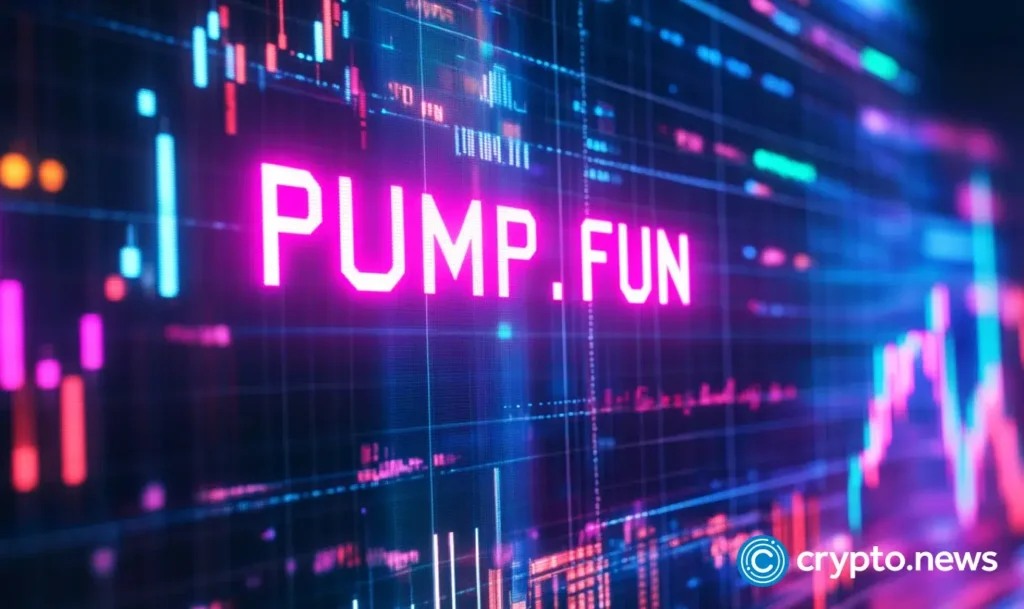Stricter Guardrails Needed for Token Launchpads, Says Pump.fun Founder
In the aftermath of the LIBRA memecoin crash, the founder of Pump.fun is advocating for tighter regulations on token launchpads to safeguard users against insider scams and manipulative token launches.
On February 18, a post on X revealed the frustration of the Solana-based meme coin launcher’s pseudonymous founder in light of the LIBRA debacle and its repercussions on the crypto community.
Expressing his dismay, the founder stated, “The individuals behind this project profited significantly at the expense of numerous users, the ecosystem, and even an entire nation. I hope accountability is enforced on those responsible.” The founder criticized the involvement of intermediaries like development teams and market makers in the LIBRA launch, emphasizing the need for simplifying the memecoin creation process to prevent exploitation by such entities.
Defending Pump.fun’s model, the founder highlighted its focus on addressing the issues exposed by the LIBRA fallout through the automation and standardization of token creation procedures.
Looking ahead, the founder emphasized the necessity for enhanced protective measures on token launchpads to ensure user safety while meeting their requirements. He identified three critical areas for improvement: education, onboarding, and user protection.
Stressing the importance of post-token creation aspects, the founder underscored the significance of educating users on ethical token launches, including setting expectations, managing supply, handling snipers, and knowing when to capitalize on profits independently.
Furthermore, the founder emphasized the need for accessible onboarding processes for new traders and advocated for tailored guidance based on individual trading experience levels to prevent exploitation by seasoned traders.
Lastly, he called for heightened user protection measures at the interface level to create a secure trading environment by restricting visibility of tokens with suspicious trading patterns and ensuring reasonable slippage settings.
The launch of LIBRA on February 15 garnered significant attention after Argentine President Javier Milei briefly promoted it on X, dubbing it as the official token of Argentina. However, the endorsement sparked a frenzy that propelled LIBRA’s price to over $4 before plummeting below 50 cents within hours.
Subsequent allegations of market manipulation surfaced as several wallets reportedly drained over $107 million in single-sided liquidity from the token’s pool, leading to a sharp decline in LIBRA’s market capitalization by $4.4 billion in just six hours.
Despite the controversy, Milei refuted claims of endorsing the token, clarifying that his intent was solely to disseminate information about the token rather than encourage investment.

